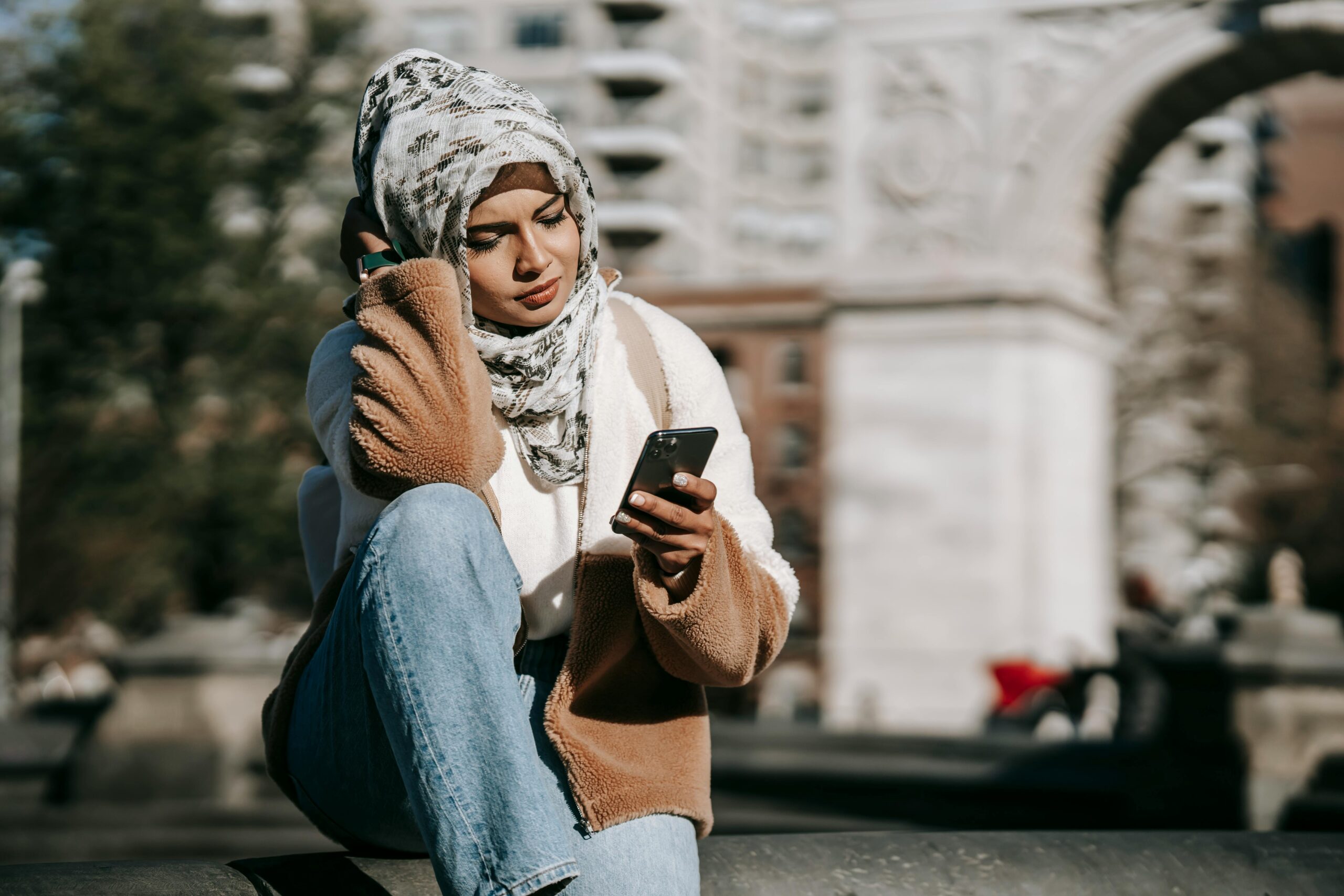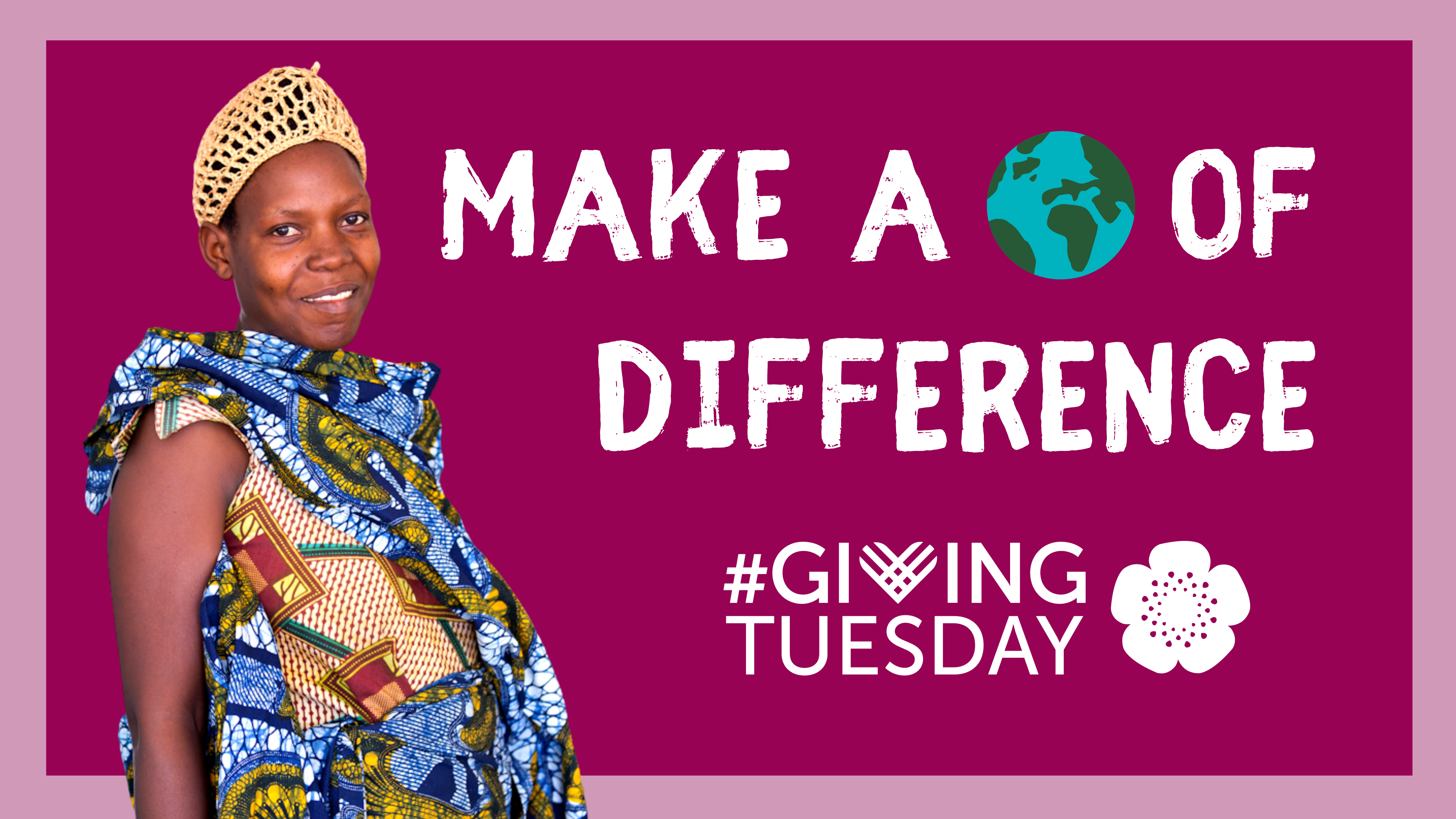
According to the U.N. Women, there’s been an increase in online harassment of women and girls in the past year globally. Based on the report, such harassments are usually by abusive partners or ex-partners stuck at home with nothing to do because of the COVID-19 lockdowns.
One such incident, reported by Reuters, involved a woman whose photos were leaked online by her boyfriend. According to the woman, this was the start of a series of privacy invasions by her partner.
Women and the internet
Azmina Dhrodia, an expert on gender, technology, and human rights at the World Wide Web Foundation, shared that digital gender abuse is likely to worsen now that the internet is an absolute necessity and there is no escape from it.
In 2021, four of the world’s biggest tech companies signed up and pledged to overhaul their moderation systems to tackle the abuse of women on their platforms. This comes after multiple former heads of state, global leaders, and celebrities wrote an open letter urging companies to implement strategies to prevent gender-based violence entirely. By signing up and pledging, Facebook, Twitter, Tiktok, and Snapchat are taking a huge step in protecting women and ensuring their platforms are safe spaces.
A study by the Economist Intelligence Unit in 2021 found that more than a third of women worldwide have experienced abuse online. 45 percent of Gen Z and Millennials have personally experienced online violence, while 85 percent of women revealed that they’d witnessed online violence against other women, including those outside their networks.
The study also revealed that nine threat tactics dominate, with misinformation and defamation leading the pack in how women are abused online. The eight other tactics include harassment, hate speech, impersonation, and doxing. Often, perpetrators will combine these tactics to hurt their victims even more. They might also use a combination of these tactics if they feel their victim isn’t responding how they would have liked.
Earlier this year, Channel 4 in the U.K. ran a report about the increase in revenge porn cases, with nearly 19,000 cases reported between January 2018 and August 2021. The report found that 80 percent of the reported victims were women and girls, while the majority of the suspects were male.
With the sheer amount of content posted daily and how social media tends to reward users for sharing more about themselves, it’s easy for women to fall victim to online harassment. Social media also updates its algorithms every few months, pushing certain accounts into the spotlight and making them much more accessible for people to discover.
Staying safe online as a woman
Staying safe online has never been more critical for women. In the current digital climate, verbal abuse and prejudice translate directly to harassment online. Here are some things women can do to protect themselves and stay safe:
Use a VPN
Using a VPN could prevent your ISP, hackers, and malicious individuals from tracking your online activity. Websites often use cookies and trackers to learn about your approximate location, select products, and keyword searches. According to online reviews, the ExpressVPN app is an excellent choice – it’s user friendly, effective, and gives you the protection and privacy you need.
Go private
Another easy way to stay safe online is to go private on social media platforms. On some platforms, like Instagram, you can limit the type of interaction you might have with others, including direct messages and the people who follow you.
Use strong passwords
One of the best things anyone can do to protect their social media and online accounts is to use strong passwords that are difficult to crack. Ensure that all your passwords are at least 12 characters in length and have a mixture of uppercase and lowercase letters and symbols.
If it’s difficult to remember, consider using a password manager to store and encrypt them.
Limit sharing on social media
The next time you want to share things on social media, ask yourself if this is worth posting about and see if what you’re posting is giving up more information about you than you originally intended. For example, does the photo you’re posting give away your location? Are there things in the background of your video that could identify sensitive information about you?
Clean up your digital footprint
We’ve all created social media accounts in the past and posted things that we regret or have no use for now. Where possible, try to clean up your digital footprint by deleting abandoned accounts on platforms you no longer use and looking through your old posts. You can then determine if your posts could endanger you or put you in a risky position.
While it’s great that social media platforms are finding ways to protect their users, it might not always be enough to keep harassment at bay. That said, women must take their privacy into their own hands and equip themselves with knowledge on what they can do when such incidents get out of hand.

















